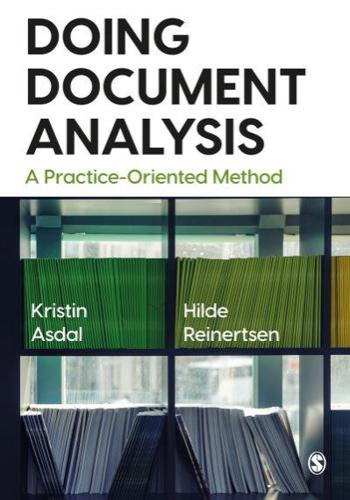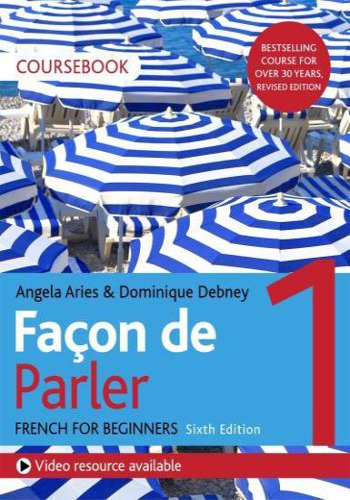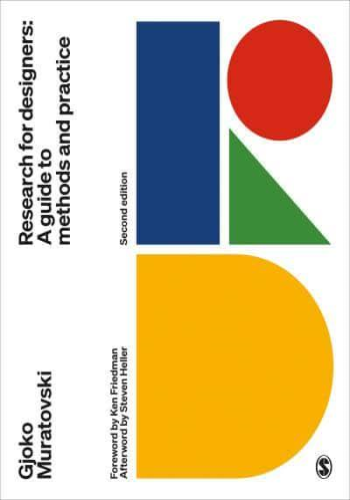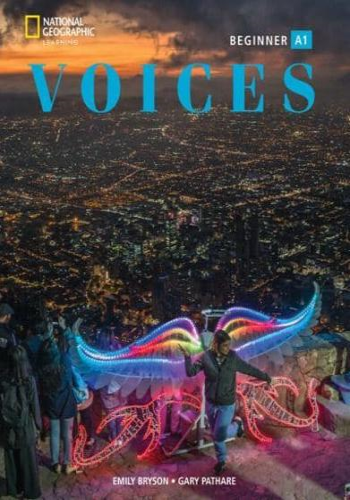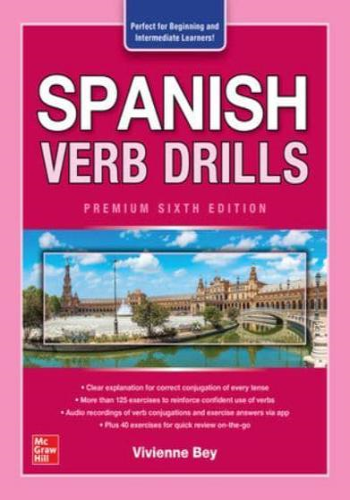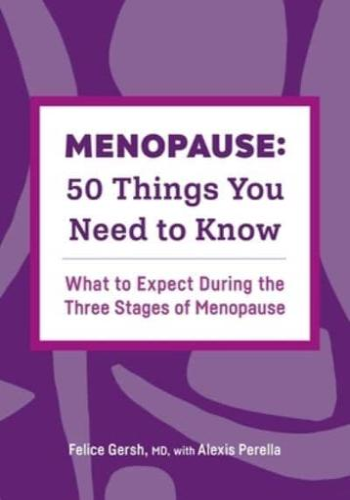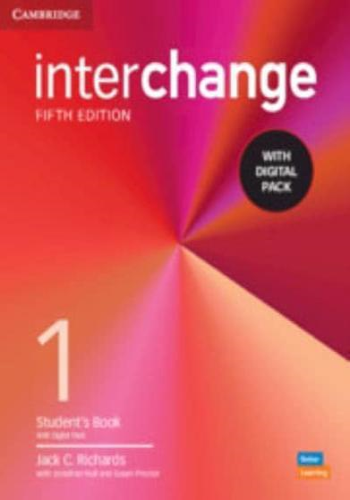Façon de Parler 1 is the first part of this bestselling, highly illustrative and communicative course which is specially designed for adult beginners learning French. Angela Aries and Dominique Debney guide you step by step through all the basic language skills you need for holiday, business or exams and there is plenty of opportunity to practise what you have learned as you go along.
Now with video online!
Each unit contains:
- lively, illustrated dialogues and comprehension questions
- structured pair-work and group-work activities
- basic vocabulary and useful expressions
- grammar notes
- listening comprehension (for work with the recordings)
There are also regular revision sections to consolidate the main topics and grammar points, while a useful reference section is followed by a French-English end vocabulary.
Façon de Parler 1 is ideal for group work and will also be useful for individual study and revision purposes.
Façon de Parler 1 Coursebook is the primary text for the course.
An accompanying activity book (a workbook providing stimulating practice material which complements the material presented in the coursebook) and course pack (containing the coursebook and audio and video material) are also available.
